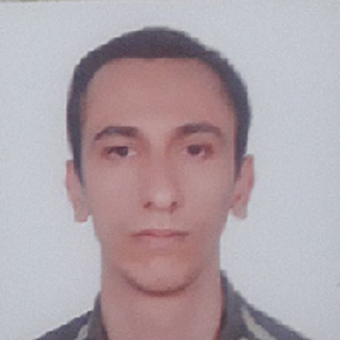Science of Human Factors
The scientific discipline of human factors aims to apply knowledge about humans, both strengths and limitations, to design safe, efficient and user-friendly systems and environments. The core of the discipline is our aggregated knowledge about how humans work, such as our cognitive functions and their relation to physiology and environmental factors.
My Research
My research covers both fundamental research in controlled, experimental conditions as well as applied research where practical and domain-specific problems are the focus. Common themes in my research from the basic to applied are the following:
- Simulation-based training
- Stress and mental workload
- Communication and teamwork
Much of my applied research is oriented towards emergency response, first aid and prehospital care, and disaster medicine. The themes listed above translate into questions such as “how can simulation technology be used to train medical skills and improve patient safety?”, “how will new technology change the work of emergency responders?”, or “what effects will sudden changes in workload have on the ability to perform cognitively demanding tasks?”.
I want to better understand how high workload and acute stress can lead to negative effects on human performance, how technical systems can be designed for simplified use to avoid such negative effects, and how simulation-based training can be used to ensure that operators can perform their tasks safely and efficiently under any circumstance.
Emergency Response Systems
Most of my research projects focus on emergency response systems, such as the fire and rescue service, emergency medical care, and the police. Emergency medical care and the role of immediate responders and volunteers have been a particular focus.
The research projects are often multi-disciplinary with researchers from disciplines such as cognitive science, computer science, medicine, informatics, or logistics. The common goal is to establish evidence on how to improve the emergency response systems to better respond to both small, everyday accidents and large, infrequent disasters. The goal is for society to be better prepared so that more lives can be saved when an accident strikes.









































